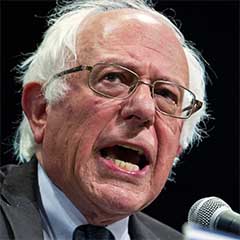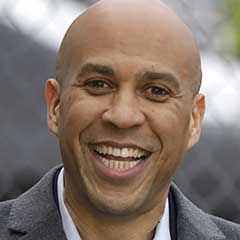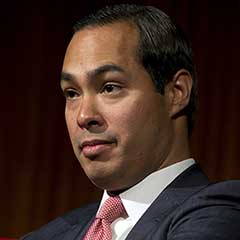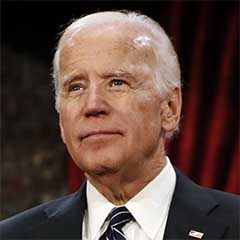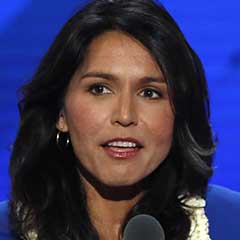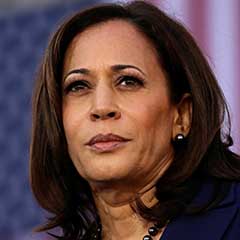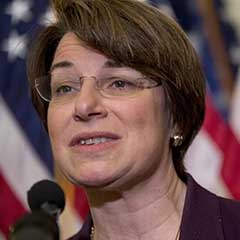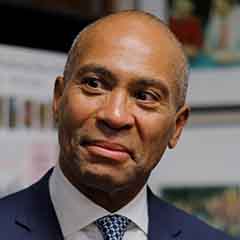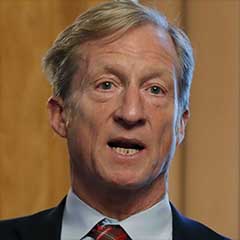Higher education
With the costs of higher education ballooning, Democratic candidates are offering an array of proposals to try to make college more affordable. Many are proposing some amount of free college, either in the form of two-year public community college or four-year public university, while others want to ease the debt burden of students who had to take out loans to afford college.
By Megan Duzor | VOA News

Students attend graduation ceremonies at the University of Alabama in Tuscaloosa, Ala. The number of borrowers defaulting on federal student loans has jumped sharply, the latest indication that rising college tuition costs, low graduation rates and poor job prospects are getting more and more students over their heads in debt. (AP)
The average cost of tuition and fees for the 2019-2020 school year was $41,426 at private colleges, $11,260 for state residents at public colleges and $27,120 for out-of-state students at state schools, according to data collected by U.S. News in an annual survey. Those totals include tuition, fees, and room and board. Since 1988, average tuition and fees tripled at public four-year colleges and more than doubled at private four-year colleges as well as public two-year colleges, after adjusting for inflation, according to the U.S. College Board. The growing costs, which outpace the growth of wages, have led the Democratic candidates to propose greater government funding of public colleges. Some want the funding to be available for all students, while others argue that any additional funding is better spent by supporting lower-income families.
Do you support free college?
| Free 4-year public college for all | Free 2-year college for all | Free 4-year college only for lower-income students | |
|---|---|---|---|
| Bennet | ✔ | ✔ | |
| Biden | ✔ | ||
| Bloomberg | |||
| Booker | ✔ | ✔ | |
| Buttigieg | ✔ | ||
| Castro | ✔ | ✔ | |
| Delaney | ✔ | ||
| Gabbard | ✔ | ✔ | |
| Harris | ✔ | ✔ | |
| Klobuchar | ✔ | ||
| Patrick | ✔ | ||
| Sanders | ✔ | ✔ | |
| Steyer | |||
| Warren | ✔ | ✔ | |
| Williamson | ✔ | ✔ | |
| Yang | ✔ |
President Donald Trump’s position: The Trump administration’s policies on college costs have generally focused on increasing access to for-profit colleges and capping the amount of loans students and their parents may borrow. Republicans in general have long advocated for the government to have little involvement in funding public higher education. Trump’s education secretary, Betsy DeVos, is an advocate for for-profit colleges, arguing that more such institutions will increase access to higher education and will result in the reduction of overall college costs.
Public opinion
Do you support or oppose making all public colleges in the United States free to attend?
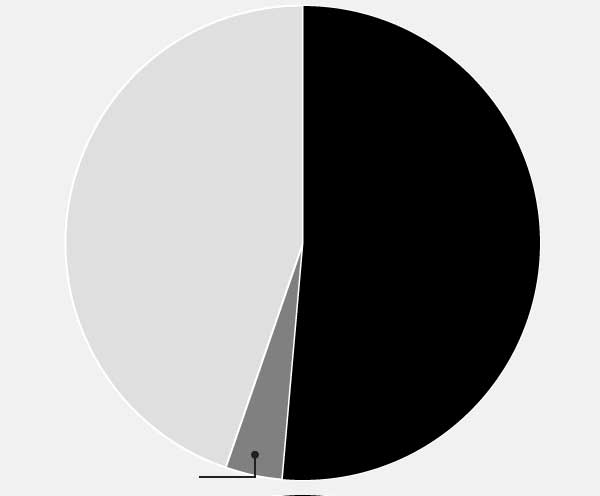
45%
52%
Support
Oppose
4% don’t know

Opposed
52%
45%
Support

Opposed
52%
45%
Supported
Source: Quinnipiac University Poll (released April 30, 2019)
Canceling student debt
Many students in past generations were able to work part time during college and graduate with little to no debt. Nowadays, that ability is nearly impossible for students due to the skyrocketing costs of tuition. Among students graduating in 2018, 69% of them took out student loans with an average debt of $29,800, according to the debt management company Student Loan Hero. The Democratic candidates who support canceling student debt argue the move will boost the economy and relieve a financial burden for a large section of the population. Those who do not support wide-ranging debt relief say it largely benefits wealthy families or argue it is too costly and instead propose lower-scale debt relief programs, such as capping loan repayments, offering forgiveness to students who choose to work as public servants or in high-need professions, and offering tax credits to businesses who help employees repay student loans.
Where do the candidates stand?
Supports canceling debt for all students
Supports canceling debt only for low- and middle-income students
President Donald Trump’s position: The Trump administration has proposed limiting the amount of loans that students can take out for higher education, arguing that such a move will force colleges to cap tuition increases or even lower tuition. The president has also sought to simplify the loan repayment process, as well as making it easier for disabled veterans to receive student loan forgiveness.

